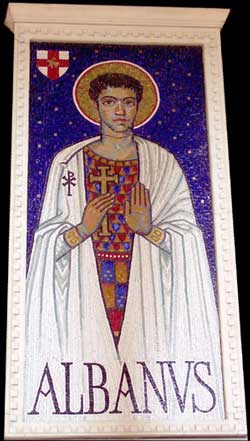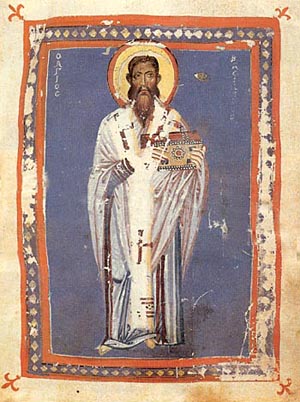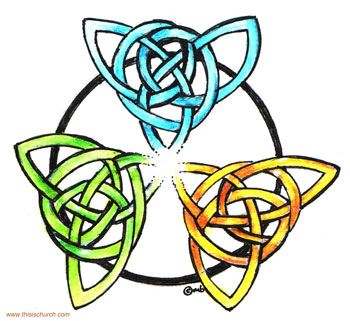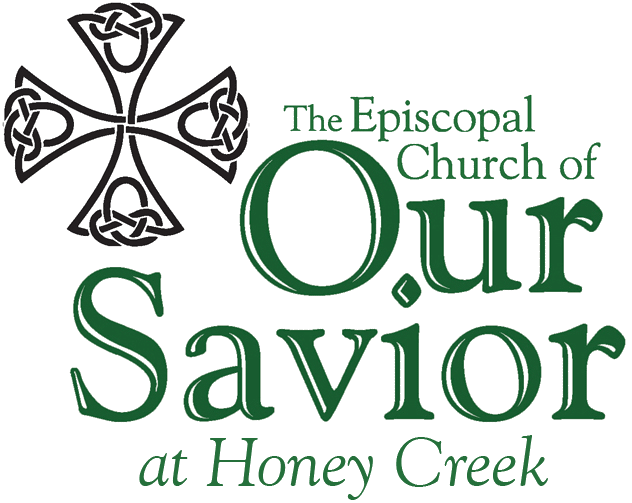 In his book And God Spoke: The Authority of the Bible for the Church Today author Christopher Bryan has this to say in Chapter Ten, "Listening to the Bible":
In his book And God Spoke: The Authority of the Bible for the Church Today author Christopher Bryan has this to say in Chapter Ten, "Listening to the Bible":What then should we do? What will the church look like, when it takes the authority of scripture seriously? First, the church will attend to the voice of scripture in the same way that we attend to any voice whose concerns and opinions we take seriously: which is to say, the church will listen to it. The church that truly acknowledges the authority of scripture is not the church that shouts loudest about the subject or makes the loftiest declarations.
It is the church that reads and listens to scripture, bathing in it and absorbing it, at the daily office and at the eucharist, in public prayer and in private, in Bible classes and study groups, lay and ordained, day by day, week by week. This can hardly be said too clearly.
Of course we believe that there are other sources of divine revalaton than the Bible: "the heavens declare the glory." Yet it remains that this is the text we privilege above all others, and therefore to its voice we pay special attention.
For three years at The University of the South School of Theology, I had the privilege of studying New Testament with Christopher Bryan. He taught us that the Bible invites us into a relationship with God which is not for the faint of heart. I highly recommend his very readable book.
In peace,
Linda+































